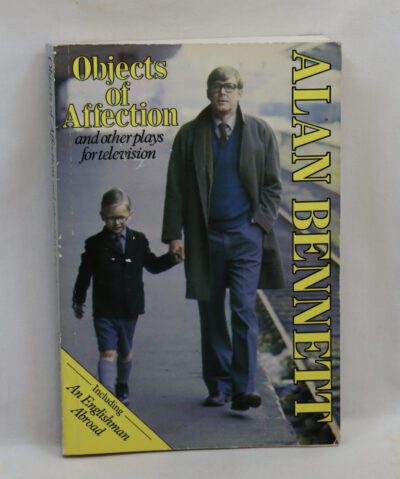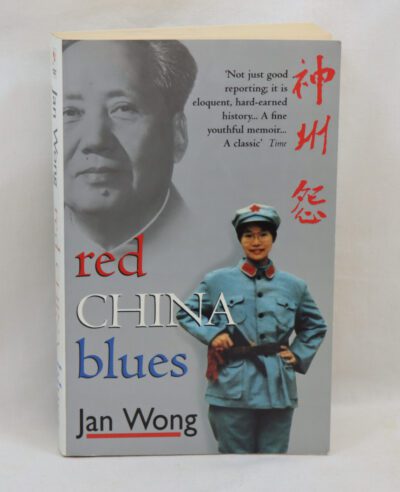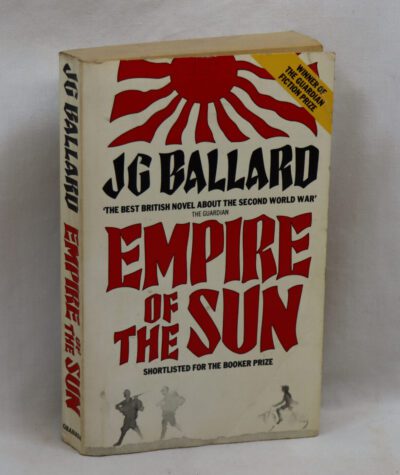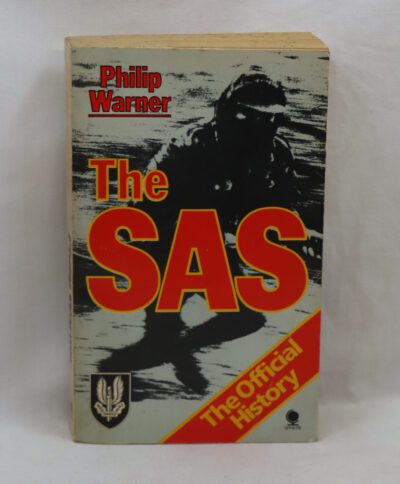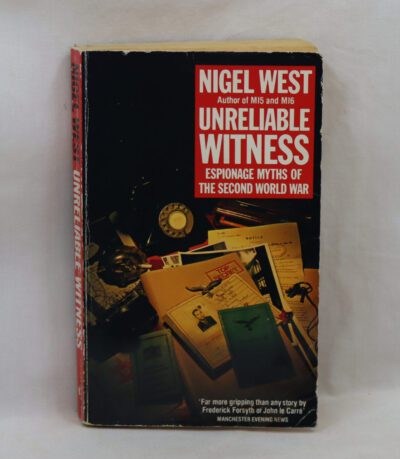English Hours.
By Henry James
Printed: 1989
Publisher: Barrie & Jenkins. London
Edition: First edition
| Dimensions | 23 × 20 × 2 cm |
|---|---|
| Language |
Language: English
Size (cminches): 23 x 20 x 2
Condition: Very good (See explanation of ratings)
Your items
Item information
Description
Green board binding with gilt title on the spine. Canterbury cathedral image on the front board.
We provide an in-depth photographic presentation of this item to stimulate your feeling and touch. More traditional book descriptions are immediately available.
-
Note: This book carries a £5.00 discount to those that subscribe to the F.B.A. mailing list
A very clean and well kept treasure book, please view photographs.
English Hours is a book of travel writing by Henry James published in 1905. The book collected various essays James had written on England over a period of more than thirty years, beginning in the 1870s. The essays had originally appeared in such periodicals as The Nation, The Century Magazine, Scribner’s Magazine, The Galaxy and Lippincott’s Magazine. James wrote a new introduction for the book and extensively revised many of the essays to create a more coherent whole.
‘Spring was already in the air, in the town; there was no rain but there was still less sun – one wondered what had become of it, on this side of the world – and the grey mildness, shading away into black at any pretext, appeared in itself a promise.’
Henry James left America for England in 1876 and remained in his adopted country for the next three decades. Arriving in Liverpool, he made his way first to London, the ‘dreadful, delightful city’, which he would come to both love and hate. James revelled in the exoticism and immensity of all that was unknown to him and his writing spills over with youthful excitement, humour and vivid descriptions of the people, landscapes, towns and cities he encountered. In London, he marvelled at the architecture of Christopher Wren and the glamour of the Strand and observed with equal pleasure the seedier parts of the city, where gin shops glowed on the corners of dark alleys. He later set out to explore the English countryside: Chester, Warwick, Devon, Wells, Salisbury, Suffolk and Rye, where he eventually settled, bought Lamb House and wrote prolifically – producing some of his finest works, including What Maisie Knew, The Wings of the Dove, The Golden Bowl and The Middle Years.
First published in 1905, English Hours is one of Henry James’ most loved works of travel and a now-classic portrait of England by one of the great masters of 19th century literature.
Henry James OM (15 April 1843 – 28 February 1916) was an American-British author. He is regarded as a key transitional figure between literary realism and literary modernism, and is considered by many to be among the greatest novelists in the English language. He was the son of Henry James Sr. and the brother of philosopher and psychologist William James and diarist Alice James.
He is best known for his novels dealing with the social and marital interplay between émigré Americans, the English, and continental Europeans, such as The Portrait of a Lady. His later works, such as The Ambassadors, The Wings of the Dove and The Golden Bowl were increasingly experimental. In describing the internal states of mind and social dynamics of his characters, James often wrote in a style in which ambiguous or contradictory motives and impressions were overlaid or juxtaposed in the discussion of a character’s psyche. For their unique ambiguity, as well as for other aspects of their composition, his late works have been compared to Impressionist painting.
His novella The Turn of the Screw has garnered a reputation as the most analysed and ambiguous ghost story in the English language and remains his most widely adapted work in other media. He wrote other highly regarded ghost stories, such as “The Jolly Corner”.
James published articles and books of criticism, travel, biography, autobiography, and plays. Born in the United States, James largely relocated to Europe as a young man, and eventually settled in England, becoming a British citizen in 1915, a year before his death. James was nominated for the Nobel Prize in Literature in 1911, 1912, and 1916. Jorge Luis Borges said “I have visited some literatures of East and West; I have compiled an encyclopedic compendium of fantastic literature; I have translated Kafka, Melville, and Bloy; I know of no stranger work than that of Henry James.”
Want to know more about this item?

Related products
Share this Page with a friend






